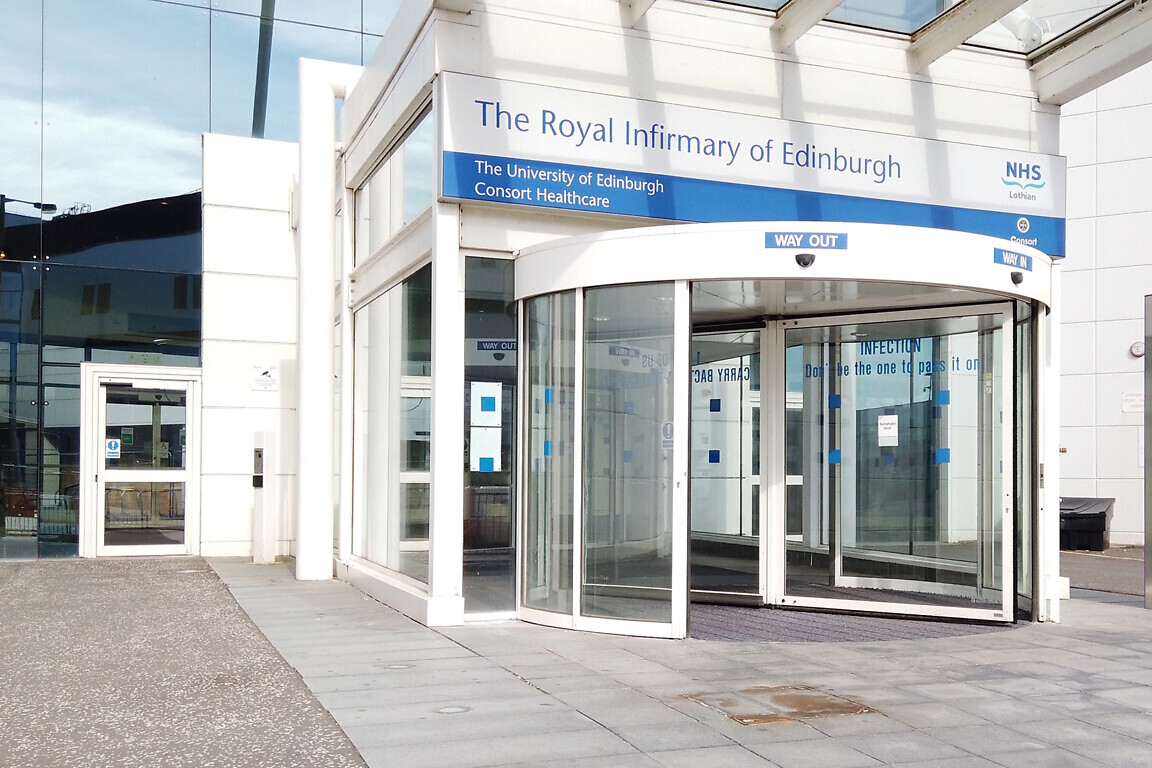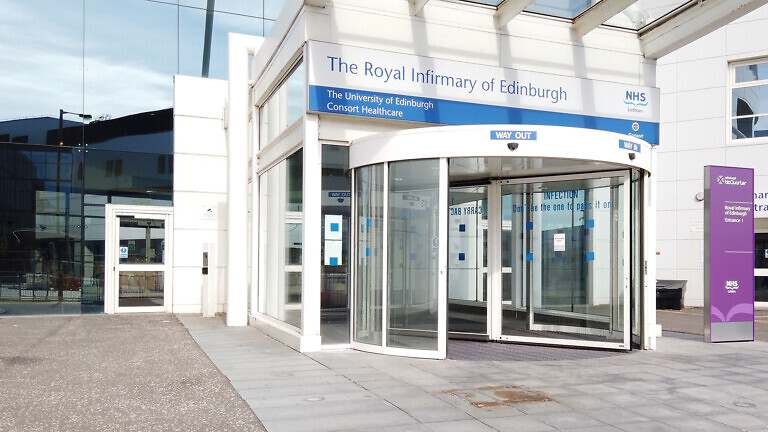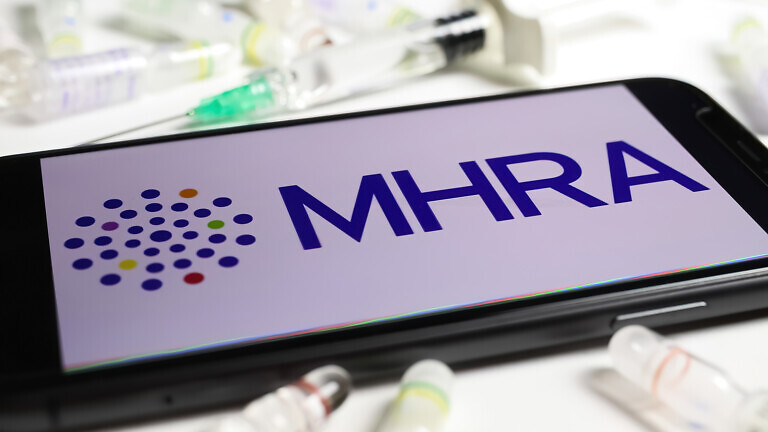A damning report from Healthcare Improvement Scotland into maternity services at NHS Lothian’s Royal Infirmary of Edinburgh has led to questions in parliament.
Concerns about maternity care in British hospitals continue. The culture, oversight of patient safety and staff wellbeing within Edinburgh Royal Infirmary maternity services have been damned in a report from Healthcare Improvement Scotland.
The maternity services inspection at the Royal Infirmary of Edinburgh resulted in five areas of good practice, but two recommendations and 26 requirements.
“The majority of the multidisciplinary team we spoke with were frustrated at staffing levels and told us this presented a safety risk, which they’d raised on multiple occasions with managers. They shared their concerns and feelings of being overwhelmed, unsupported and not listened to. They said this has impacted staff confidence to escalate staffing concerns,” said Donna Maclean, chief inspector at Healthcare Improvement Scotland.
She also highlighted delays to the induction of labour process of up to 29 hours and other delays to women who required ongoing care within the labour ward due to lack of staff availability, capacity and the complexities of patient conditions.
“Our inspection has highlighted gaps in incident reporting and a reluctance to submit incident reports, with staff describing a culture of mistrust,” she added, saying that this might have a “significant impact” on the learning from adverse events in the system and reduce opportunities to improve safety.
Doing her own research
The response from NHS Lothian focused on the Trust’s programme to improve patient safety and working culture within women’s services in NHS Lothian that was already underway.
“I know these reports are concerning and I apologise to women, people who use the service, and their families and can reassure them that these issues are being taken extremely seriously,” said chief executive Caroline Hiscox who explained that she had been “very clear” that matters such as staffing, recruitment and working culture within the department, would take time to resolve.
“I want to reiterate the apology we made to staff earlier in the year when they told us about their concerns over staffing numbers and about a working culture that was difficult, and where bad behaviours were tolerated,” she added.
The Trust had already recruited more than 70 additional midwives who would be in post by the end of December.
She added that NHS Lothian had commissioned its own research, which reported back in May this year and echoed that more support had to be provided to the teams. These findings had shaped and developed the improvement work.
Support and scrutiny
The report triggered the Scottish government to make its own statement about the affair, and health secretary Neil Gray announced new measures to ensure the continued safety and quality of maternity and neonatal services.
In a statement to parliament, Gray said he was establishing a new Scottish Maternity and Neonatal taskforce to provide additional leadership. It would be chaired by the minister for public health and women’s health and would include voices of maternity service users and frontline staff, senior figures from across the health system, independent bodies, third sector and advocacy organisations.
He also confirmed that NHS Lothian maternity services would be moved to Level 3 of the NHS Scotland Support and Intervention Framework to allow the board to act immediately to implement the recommendations made by Healthcare Improvement Scotland.
“We are taking these concerns extremely seriously and have escalated NHS Lothian Maternity Services to Level 3 of the NHS Scotland Support and Intervention Framework. This intervention will provide enhanced support and scrutiny, and I expect to see evidence of improvement before the end of the year,” he said.
“Our commitment to continuous improvement across our NHS is vital. We must empower our services and staff to ensure the safest and highest-quality maternity care in Scotland,” he added.



